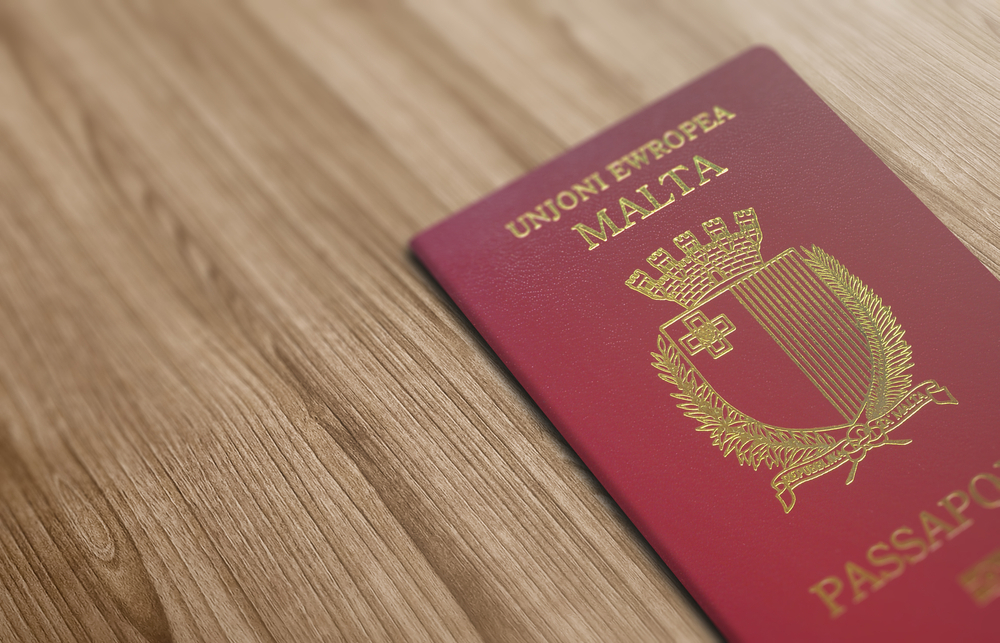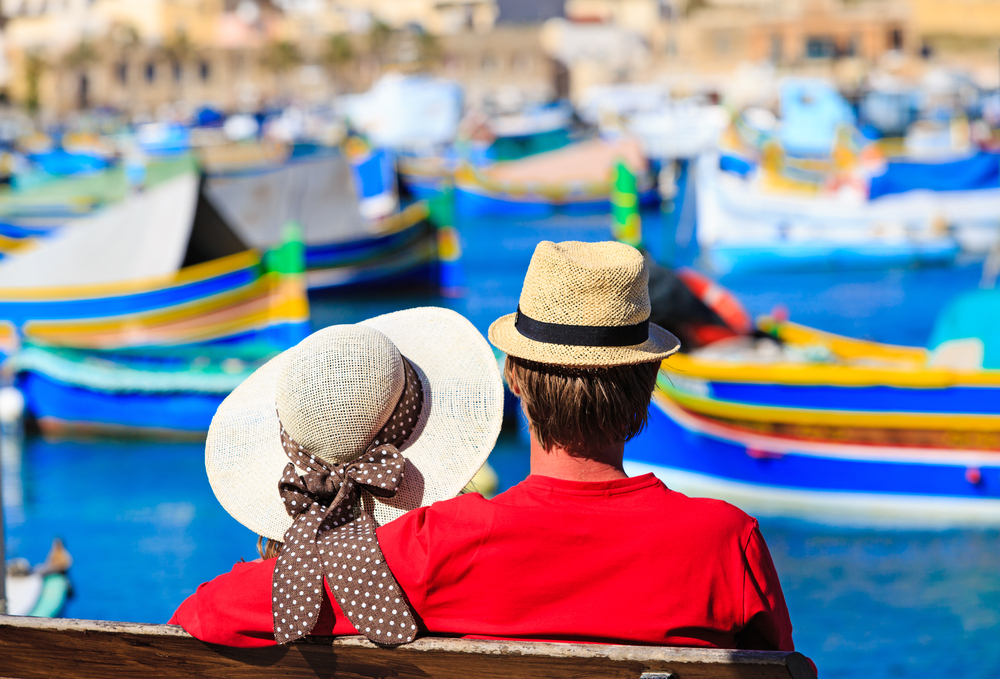
Malta offers a rich cultural heritage, strategic Mediterranean location, and vibrant lifestyle, making it an attractive destination for those seeking to acquire a new nationality or considering moving to Malta. Whether you’re considering Maltese nationality through naturalization, descent, marriage, or seeking information on Malta’s dual citizenship options, this Maltese Nationality Guide provides a detailed look at the processes managed by the Citizenship Office Malta. Moving to Malta can be a transformative experience, combining the benefits of a multicultural society with a robust legal and regulatory framework, enhancing both personal and professional opportunities.
Additionally, for those looking to deepen their ties to Malta, registering a company in Malta could be a strategic move. Here, we explore the various pathways to becoming a Maltese citizen, the benefits of dual citizenship, and practical steps to apply through the different available routes, alongside the benefits of establishing a business presence on the island.
Understanding Maltese Nationality
Maltese nationality confers upon individuals the status of being legally recognized as citizens of Malta, or the new Malta citizenship holder, granting them a comprehensive suite of rights, privileges, and responsibilities. The pathways to acquire Maltese citizenship are diverse, designed to accommodate various applicant backgrounds through naturalization, descent, marriage, and other legal provisions.
What is Maltese Nationality?
Holding Maltese nationality means being legally recognized as a citizen of Malta. This status is not just about having the right to live, work, and vote within this Mediterranean island nation; it extends to the freedom of movement and residence within the European Union. Maltese citizens enjoy the benefits of EU citizenship, including the ability to live, work, and study in any EU country under the same conditions as nationals.
Citizenship Pathways in Malta
Malta offers various pathways for acquiring Maltese citizenship, each with specific requirements and benefits, making it an exceptional direct investment. From naturalization and descent to marriage and investment, understanding these routes can help individuals who wish to become part of the vibrant Maltese community. Also, Malta’s dual citizenship provision, led by the Malta Government, adds an extra layer of opportunity for those looking to retain their original nationality.
Maltese Citizenship by Naturalization
Acquiring Maltese citizenship by naturalization is an option for individuals who have formed a tangible connection with the country. This pathway requires applicants to demonstrate significant ties to Malta through:
-
Residency Requirements: Individuals must typically reside in Malta for a period leading up to the application, showing physical presence and intent to live in Malta long-term.
-
Language Proficiency and Integration: Applicants should possess a working knowledge of the Maltese language and actively participate in the Maltese community, showing integration into the local way of life.
-
Documentation: Necessary documents include proof of residence, language proficiency, and other contributions to Maltese society. The application is submitted directly to the relevant offices within the Community Malta Agency.
Maltese Citizenship by Descent
For those with Maltese heritage, citizenship by descent is a valuable route. This option is available to individuals born to a Maltese parent or grandparent, even if born abroad. Key aspects include:
-
Genealogical Proof: Applicants must provide birth and marriage certificates tracing their lineage to a Maltese citizen.
-
Application Process: Submission of detailed genealogical records to demonstrate eligibility based on Maltese descent. This process ensures that those with a Maltese parent or grandparent can connect with their heritage and acquire citizenship.
Acquiring Maltese citizenship through marriage is a recognized pathway for spouses of Maltese citizens who wish to obtain Maltese nationality. This process is meticulously governed by the Maltese Citizenship Act and administered by the Community Malta Agency, ensuring that all applications meet the legal criteria and are thoroughly vetted.
Understanding the Pathway to Acquiring Maltese Citizenship through Marriage

Marriage to a Maltese citizen is a significant qualifying factor for those seeking to obtain Maltese citizenship. The Maltese government has established clear guidelines and requirements to ensure that this pathway serves genuine couples who are committed to a life in Malta.
Duration of Marriage Requirement
To be eligible for Maltese citizenship through marriage, the couple must have been married for at least five years. Of these, at least three years must be spent residing in Malta, demonstrating the couple’s commitment to establishing a life together in the country. This residency requirement underscores the importance of genuine integration into the Maltese community and culture.
Documentation and Review Process
Applicants must submit comprehensive documentation to support their application. This includes:
-
Marriage Certificates: Official documents proving the legal marriage between the applicant and the Maltese citizen.
-
Evidence of Cohabitation: Documents that show the couple has been living together continuously in Malta, such as joint lease agreements or utility bills in both names.
-
Birth and Marriage Certificates: To further verify identities and marital status.
-
Proof of Residency: Demonstrating that the non-Maltese spouse has legally resided in Malta for the required period.
The Maltese government, through the Community Malta Agency, conducts a rigorous review of all submitted documents. This diligence process ensures the authenticity of the marriage and that all legal criteria are met before granting citizenship.
Advantages of Maltese Citizenship by Marriage
Obtaining Maltese citizenship offers numerous benefits, not only to the individual but also to their family. As a member state of the European Union, Malta provides significant advantages that come with European citizenship, such as:
-
Freedom of Movement: Maltese citizens can live, work, and study in any of the European Union countries without the need for a separate residence permit.
-
Dual Citizenship: Malta allows dual citizenship, meaning individuals can retain their original nationality while enjoying the benefits of Maltese nationality. This is particularly advantageous for those who do not want to give up their ties to their home country.
Challenges and Considerations
While the pathway to citizenship through marriage is straightforward, applicants may face certain challenges:
-
Lengthy Review Process: The review process can be lengthy, requiring patience and meticulous attention to detail in preparing the application.
-
Verification of Authenticity: The Maltese government is stringent in its verification of marriage authenticity to prevent fraudulent applications. Couples may need to provide extensive proof of their relationship and life together in Malta.
Maltese Citizenship by Registration

Minors born abroad to Maltese parents may be eligible for citizenship by registration. This option facilitates the inclusion of children into the Maltese nationality framework, ensuring that families can maintain their citizenship across generations.
Dual Citizenship in Malta
Understanding Malta Dual Citizenship
Malta allows its citizens to hold dual citizenship, meaning individuals can maintain their Maltese citizenship while also keeping another nationality. This policy is particularly beneficial for Maltese citizens who live abroad or individuals from other countries who do not wish to give up their original citizenship.
Benefits of Dual Citizenship
Dual citizenship offers a range of advantages for individuals who hold a Maltese passport alongside another nationality. This status not only broadens personal and professional horizons but also provides practical benefits that enhance life quality and global mobility.
Increased Mobility with a Maltese Passport
One of the primary benefits of holding dual citizenship, particularly with Maltese citizenship, is the increased mobility it offers. As Malta is a member of the European Union, Maltese citizens enjoy the freedom to live, work, and study in any EU country without the need for lengthy visa applications. This facilitates an easier and more flexible lifestyle for those looking to explore, work, or settle in different parts of Europe.
Ease of Global Travel
The Maltese passport is highly ranked for its travel freedom, allowing visa-free or visa-on-arrival access to numerous countries worldwide. This makes international travel simpler and less cumbersome, which is particularly beneficial for business professionals who need to travel frequently and at short notice.
Access to Cultural and Economic Opportunities
Dual citizenship enables individuals to engage fully with the cultural and economic opportunities available in both Malta and their other country of citizenship. This includes access to broader educational opportunities, diverse business markets, and cultural experiences that enrich personal and professional life. Furthermore, being a dual citizen often facilitates easier property ownership, access to government services, and participation in public life in both countries.
Considerations for Dual Citizens
While the benefits of holding dual citizenship are significant, there are also important considerations that must be managed to ensure compliance and to maximize the advantages of this status.
Navigating Tax Obligations
For dual citizens, managing tax obligations can be complex. Maltese citizens who also hold citizenship in another country may need to declare income earned globally, depending on the tax laws of the other country. Malta has several double taxation agreements to prevent the same income from being taxed by both jurisdictions, which simplifies tax affairs for dual citizens. Nonetheless, it is advisable to consult with tax professionals in both countries to ensure all tax obligations are met appropriately.
Military Service Requirements
Another consideration for dual citizens involves military service. Some countries have compulsory military service for their citizens. Dual citizens of Malta and another country with such requirements must understand their obligations and plan accordingly. This is particularly important for those who spend significant time in or have substantial ties to their other country of citizenship.
Legal Responsibilities in Multiple Countries
Dual citizens must navigate and adhere to the laws of both Malta and their other country of citizenship. This dual legal responsibility requires an understanding of one’s rights and duties in both nations to avoid any legal issues. For instance, voting rights, civic duties, and other legal entitlements or restrictions must be clearly understood and observed.
Dual Citizenship by Investment and Naturalization
Malta offers pathways to citizenship through investment and naturalization, which can lead to dual citizenship. The Malta Citizenship by Investment program, also known as the Malta Golden Visa, provides a route to citizenship through direct investment, subject to a rigorous diligence process. Similarly, the Maltese Citizenship Act outlines the provisions for acquiring Maltese citizenship through naturalization, typically requiring a residency period, demonstrated ties to the community, and adherence to Maltese values and laws.
For those born abroad to a Maltese parent, obtaining Maltese citizenship can often be processed through descent, making the pathway to dual citizenship more straightforward. However, individuals born in Malta or who have a Maltese father or mother may still need to demonstrate other ties to obtain citizenship if not automatically conferred.
Applying for Maltese Citizenship
The journey to becoming a Maltese citizen involves several steps, meticulously managed by the Community Malta Agency to ensure compliance with national and EU regulations.
Submission of documentation under the Maltese Citizenship Act.
Applicants must provide comprehensive documentation to support their citizenship application. This includes:
-
Identity Proofs: Valid passport, national ID, or birth certificate.
-
Residency Proofs: Documents proving long-term residence in Malta, if applying through naturalization.
-
Marriage or Descent Proofs: Marriage certificates for citizenship through marriage, birth, and marriage certificates tracing Maltese descent.
Payment of Fees
The fee structure varies depending on the method of application to obtain Malta citizenship. Fees cover the processing and due diligence required to vet potential citizens, ensuring they meet all legal standards.
Review and Approval for Becoming a Maltese Citizen
The application review process involves a thorough vetting procedure, including background checks and verification of all submitted documents. The diligence process is critical to ensure that all potential citizens meet Malta’s high standards. Approval times can vary, and applicants may be asked for additional interviews or documentation.
Obtaining a Maltese Passport
Once an individual obtain Maltese Citizenship, they can apply for a Maltese passport. This document facilitates global travel and affirms one’s status as a Maltese citizen.
Malta Dual Citizenship
Malta recognizes dual citizenship, allowing individuals to retain their Maltese citizenship along with another nationality. This privilege of becoming a Maltese citizen opens several doors for employment, education, and residence across two different national spheres.
Acquiring Maltese nationality can be a gateway to new opportunities and life in the Mediterranean. Whether through naturalization, descent, marriage, or registration, each pathway for Maltese citizens offers a route to experiencing life as a Maltese citizen. It’s essential to thoroughly understand the requirements and guidelines set by the Maltese government and prepare adequately for the application process.
Consulting with the Citizenship Office Malta or seeking legal advice can provide additional support and clarity, ensuring a smooth transition to your new status as a Maltese citizen or dual national and further retaining Maltese citizenship.
